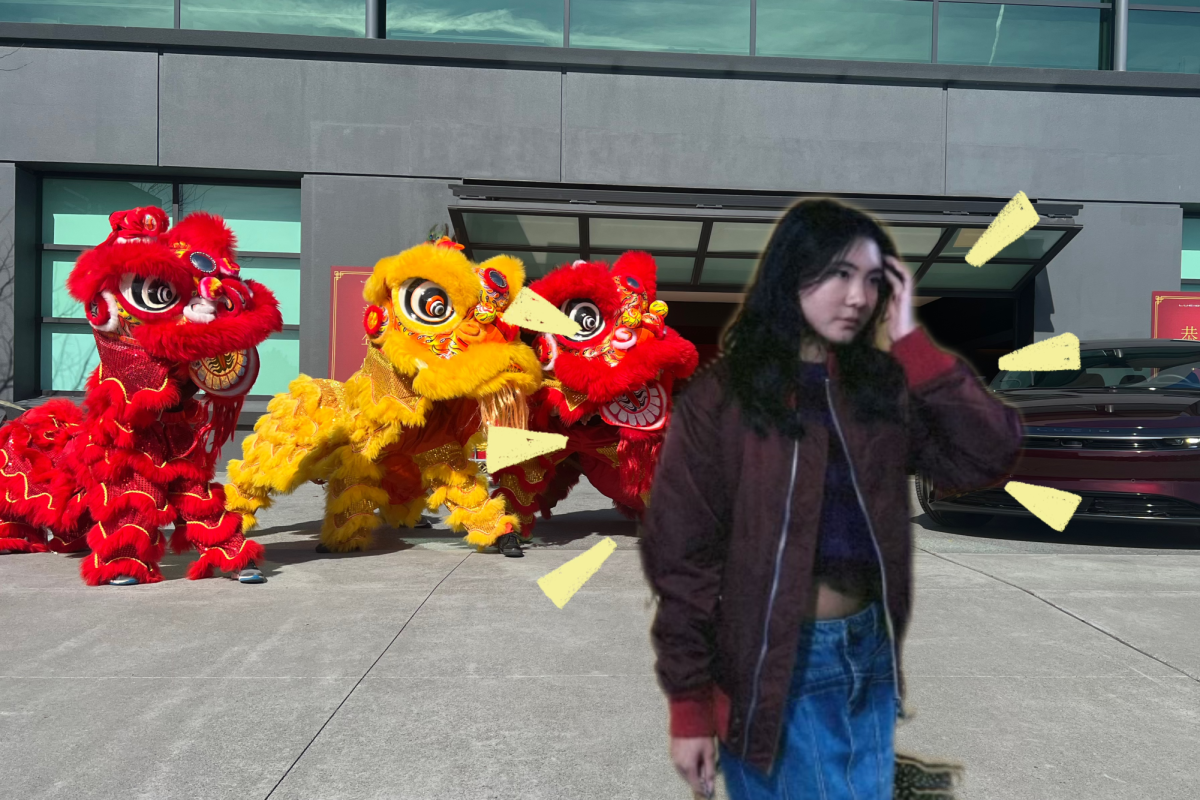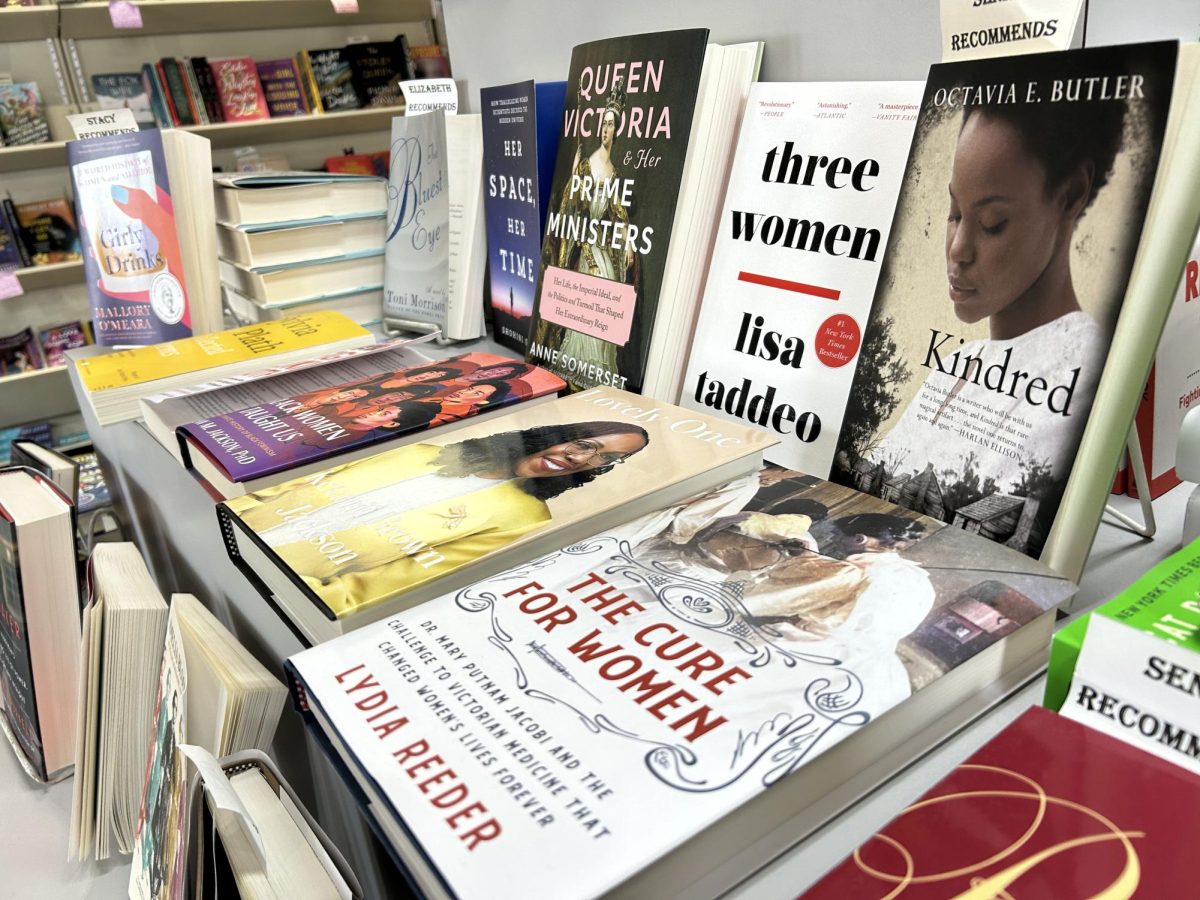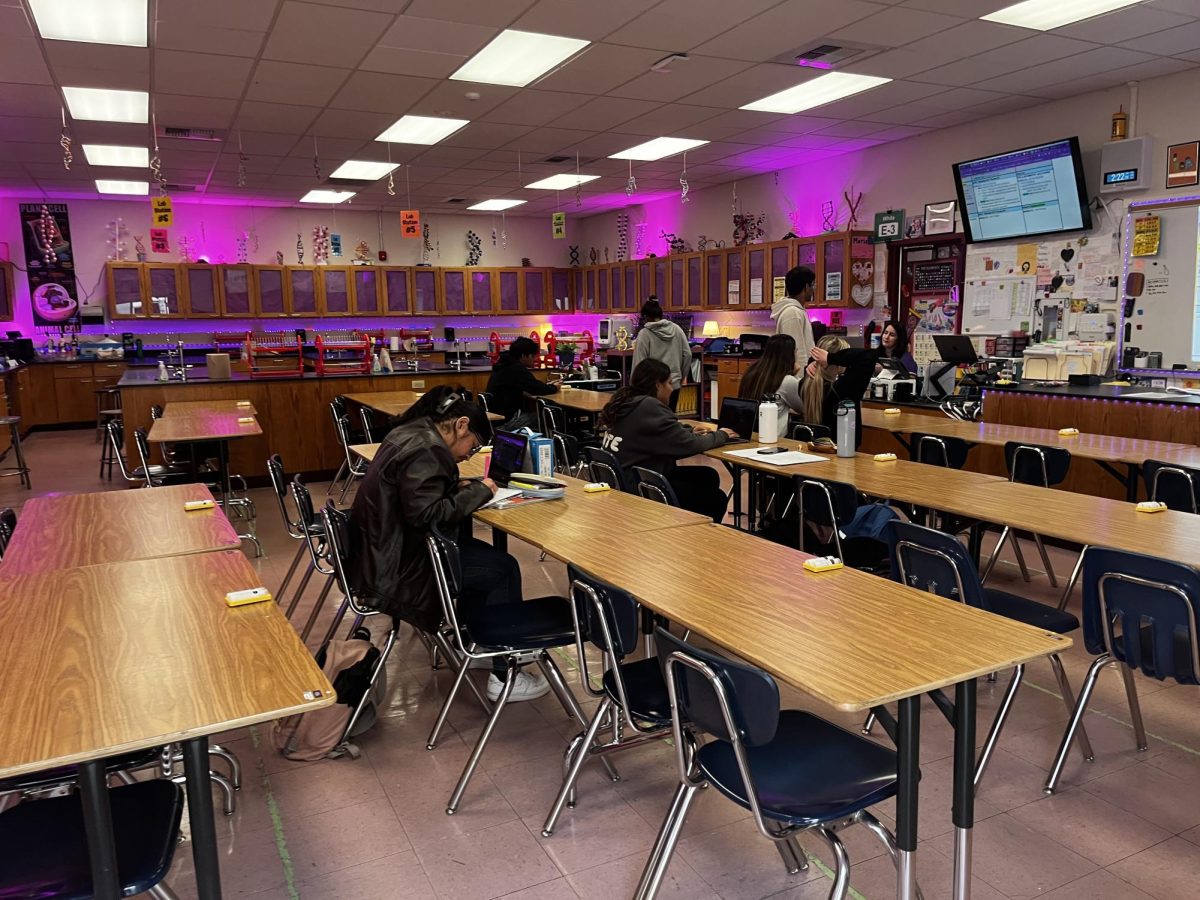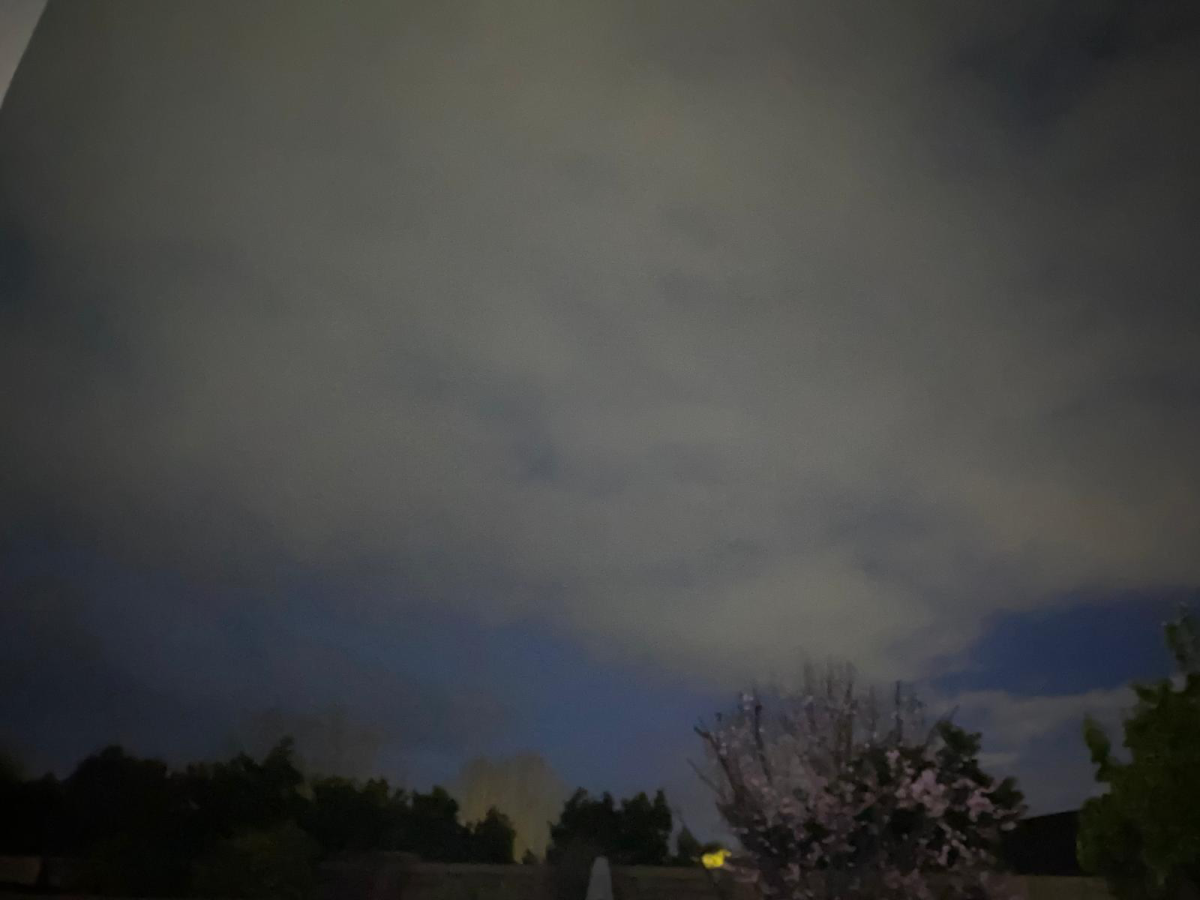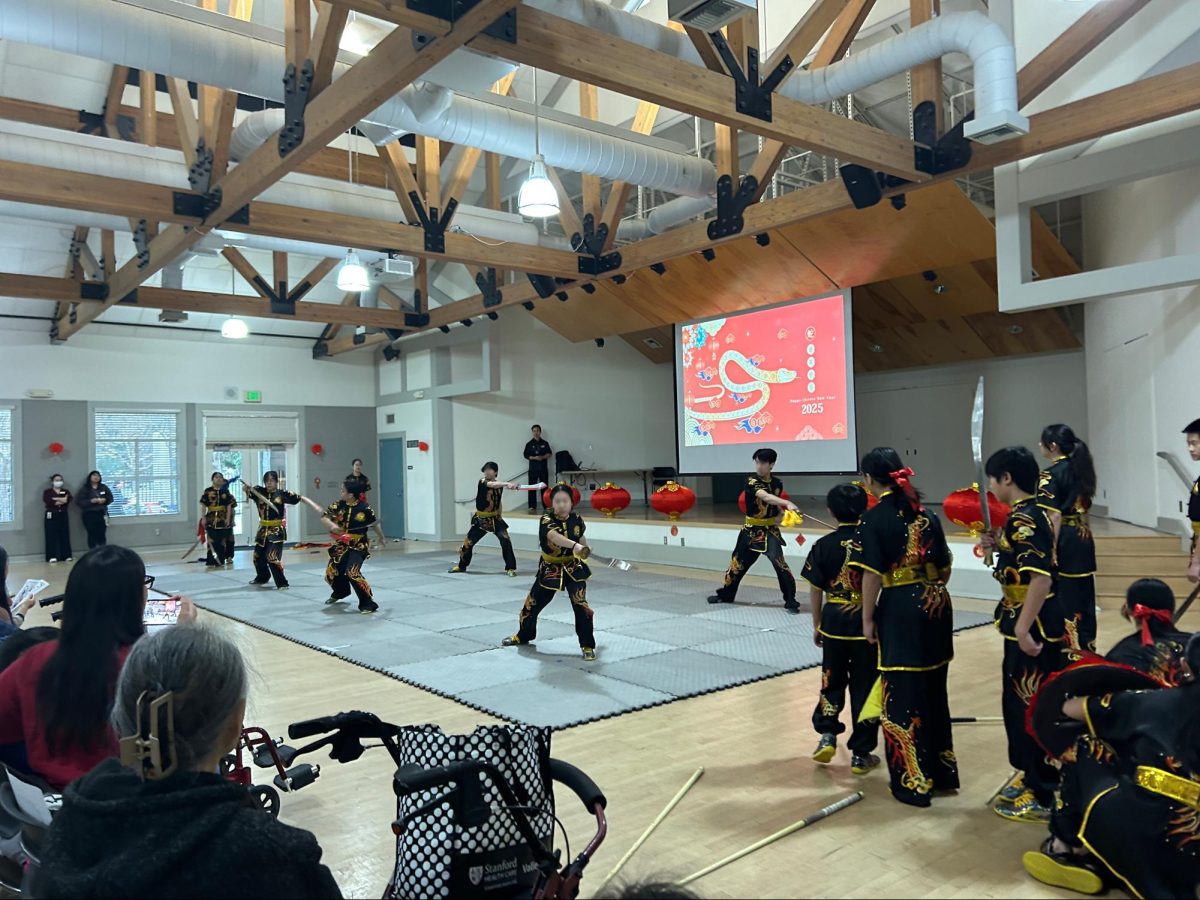Since the age of 5, Shallene Lacey (’25) performed the lion dance, an important cultural tradition originating in central Asia. Inheriting the culture from her parents, she moves lively along with the rhythmic beats under the lion puppet.
“My dad runs Kung Fu school, and I’ve been doing martial arts my entire life. Lion dancing is part of my culture because I’m also part Chinese. I love doing it every time during Chinese New Year,” said Lacey.
As a part of the Chinese community, Lacey and her family worked to bring good fortune to people in the community through dancing under the lion puppet. The performance can take place anywhere from on stage to special events.
“Lion dancing is what we do during Chinese New Year, but we also can do lion dancing for weddings or other celebrations. It is a performance where two people will get under one lion puppet. We dance for good luck and good fortune and to scare away spirits,” said Lacey.
Throughout the fifteen-minute performance, the dancer is responsible for making the puppet look alive through continuous movements. To most performers, it is extremely energy-consuming.
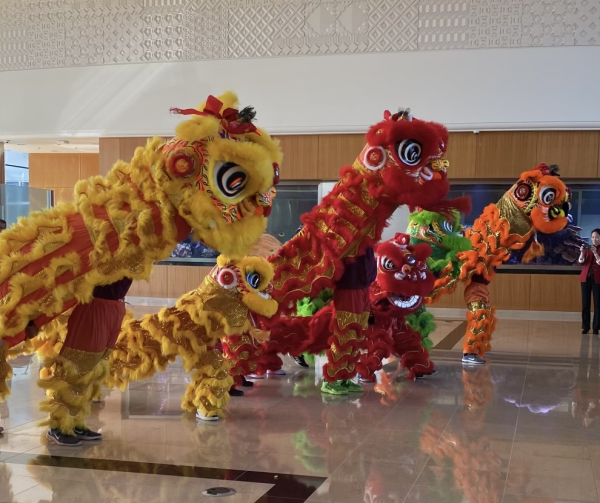
“I think the hardest part is having to be active under the lion all the time. You can’t just stand there and not do anything, otherwise you won’t look like a lion or an animal. So we have to be moving all the time,” said Lacey.
Lion dancing not only requires intense training and body strength but also tacitness with a partner. The most challenging thing for Lacey was learning different parts when acting under the puppet.
“There are also different parts, you can be either the head or the tail. When I am under the head, my arms will get so tired, and doing the tail, my back has to be bent all the time. It gets really tired and your body gets sore afterward. But if you do it all the time, you’ll kind of get used to it,” said Lacey.
To Lacey, all the efforts put into practicing lion dancing paid off at the end. As of today, lion dancing has become a representation of her identity and a way to stay connected to her Chinese roots.
“It’s important to me because I’ve been doing it for my family for years. For me, it keeps me in touch with the East side of my culture. I haven’t had a chance to visit anywhere in China or explore any part of my culture, so I’m glad to be doing lion dancing. It’s something that showcases my identity,” said Lacey.

